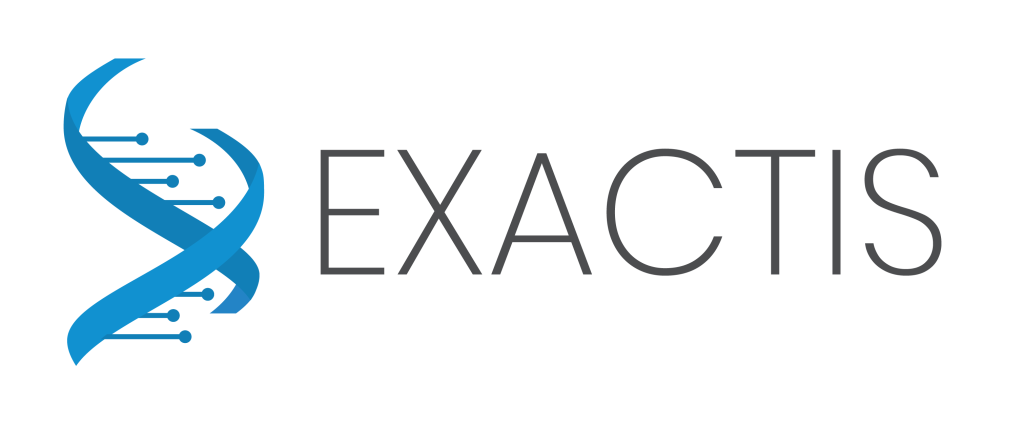PUBLICATIONS > Conférence ESMO
24 November 2022
ESMO Conference: MOLECULAR ANALYSIS FOR PRECISION ONCOLOGY CONGRESS 2022
Abstract submission deadline: Tuesday, 26 July 2022
Trial in Progress (“TiP”) abstracts
Exactis-01: Clinical Utility of Returning Liquid Biopsy NGS Results in NSCL Cancer Patients – A
Canadian Trial through the Exactis Network (NCT04564079)
Karen Gambaro 1 , Maud Marques 1 , Andrea Hébert-Losier 1 , Suzan McNamara 1 , Gerald Batist 2 , The Exactis
Network, Natasha Leighl 3 , Jason Agulnik 4.
1 National Centres of Excellence-Exactis Innovations, Montreal, Qc, Canada;
2 Segal Cancer Centre-Jewish General Hospital, Montreal, Qc, Canada.
3 Princess Margaret Cancer Centre, Toronto, ON, Canada
4 Jewish General Hospital, Montreal, QC, Canada,
Background:
Biopsy tissue analysis is central for therapeutic decision-making in the era of precision
oncology. Insufficient tumor tissue and incomplete genotyping, which prevents access to
targeted therapies, are considerable challenges in lung cancer patients. Liquid biopsies, a non-
invasive alternative to tissue, offer more accurate capture of tumor heterogeneity and greater
flexibility for real-time disease monitoring at significantly reduced cost and risk to patients.
Early evidence suggests that liquid biopsies can detect actionable biomarkers in non-small cell
lung cancer (NSCLC).
Trial Design:
This prospective multi-center observational study will evaluate the clinical utility of returning
profiling results in blood and/or tissue using the Oncomine Precision Assay (OPA) in non-small
cell lung cancer (NSCLC) patients.
Eligible patients have stage IIIb/IV, non-squamous NSCLC (mixed squamous and
adenocarcinoma is allowed) and have received no prior systemic therapy for advanced stage.
The primary objective of the study is to determine the non-inferiority of the OPA verses
standard of care (SOC) based on the proportion of patients for whom a genomic aberration is
detected in at least one of the eight recommended genes (ROS1, ERBB2, MET, BRAF, KRAS, RET,
ALK, and EGFR). Secondary objective is to assess the clinical utility of returning genomic
aberration detected with the OPA by tallying the number of patients who received targeted
therapy or enrolled into a trial based on the OPA results and turnaround time.
A baseline plasma sample will be collected for up to 200 patients, of which up to 100 patients
will have an archived tumor tissue collected. At progression, for patients who received
targeted/immune therapy, another blood sample will be collected and profiled to monitor
emergence of resistance. This study was initiated in May 2021 and enrolment is ongoing at 6
Canadian sites.
